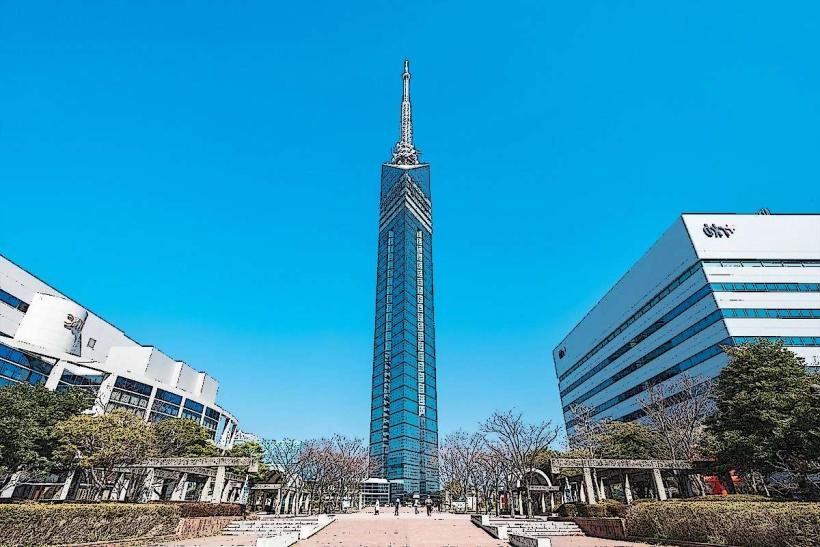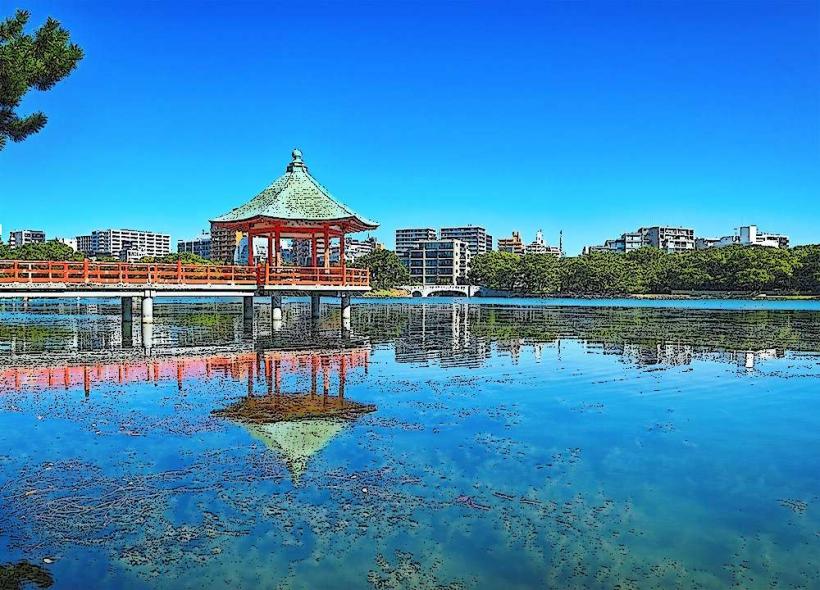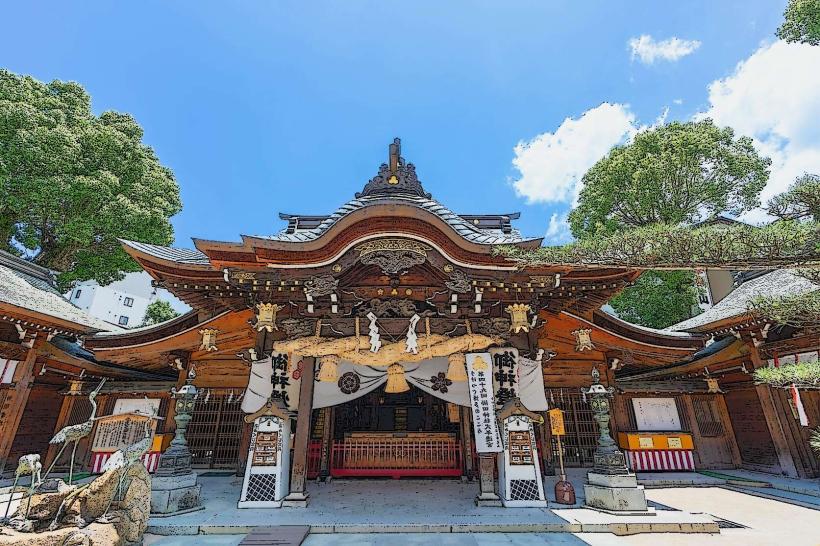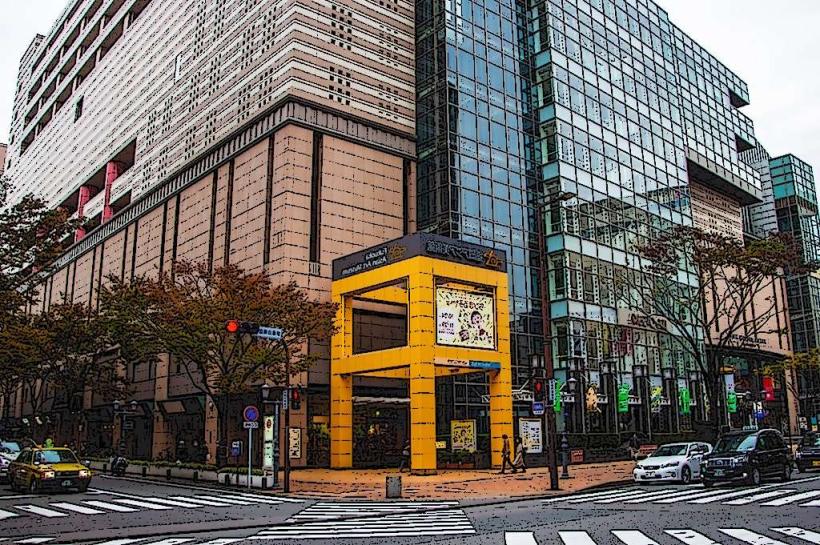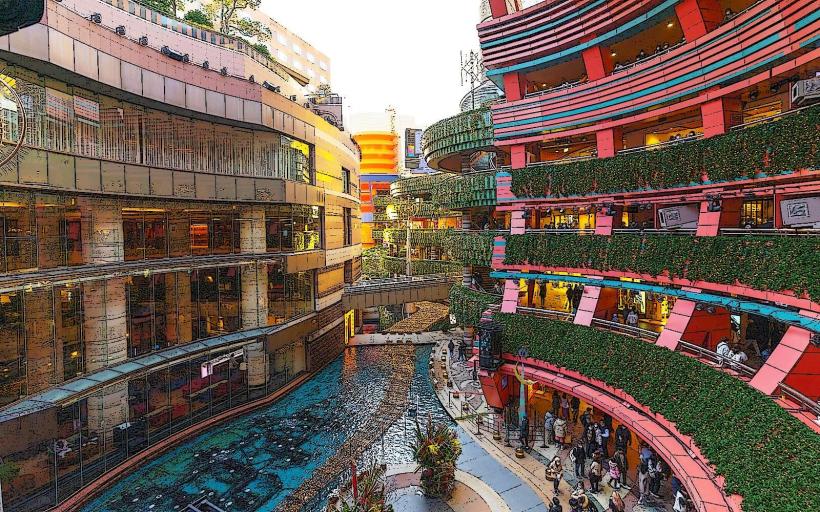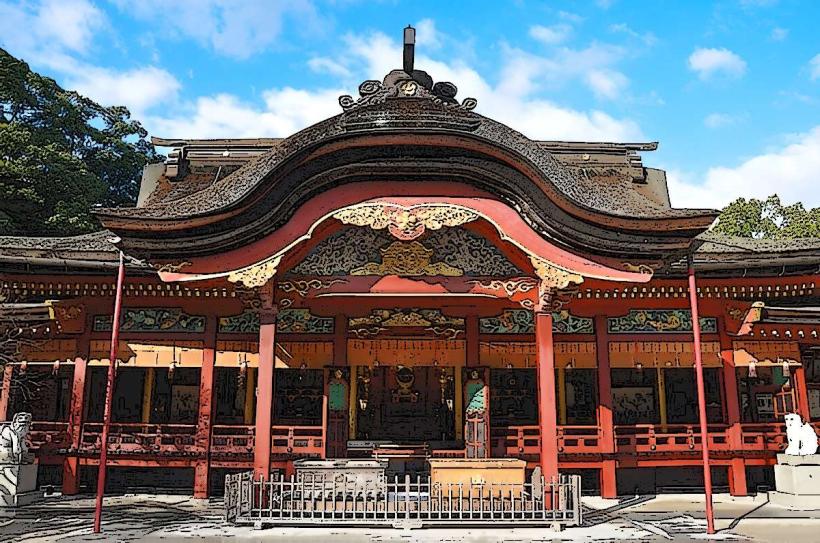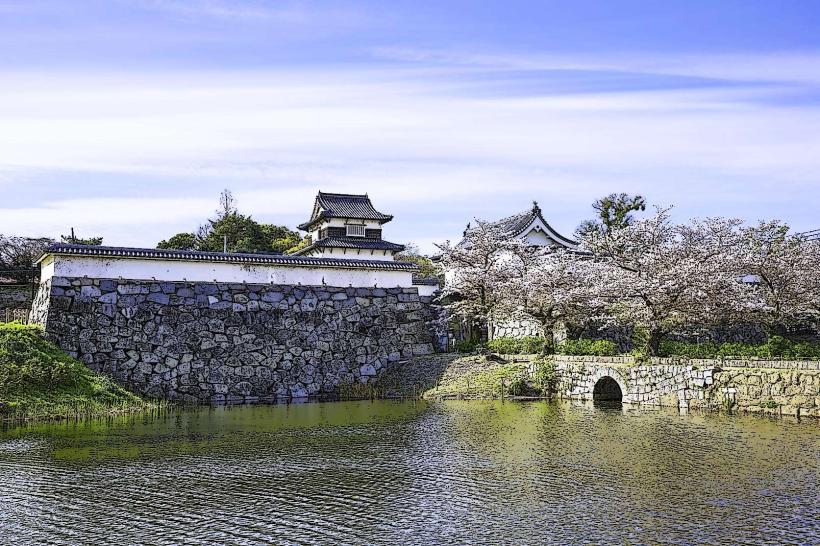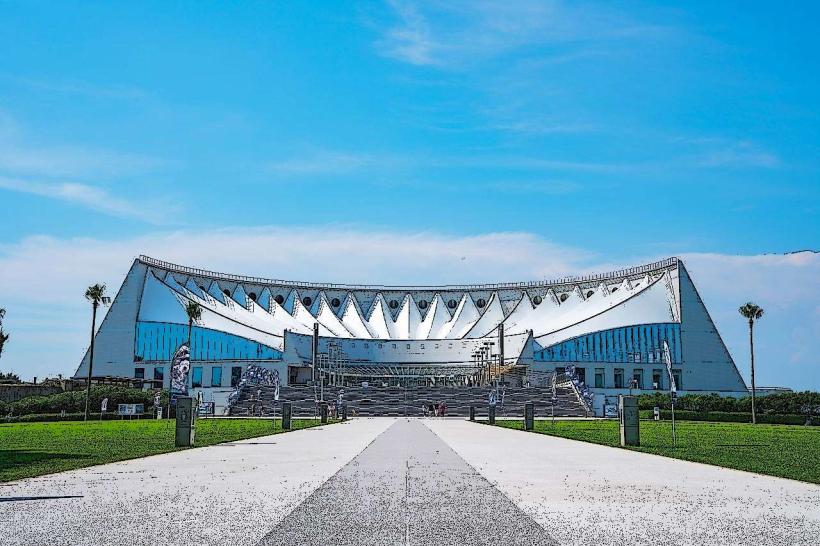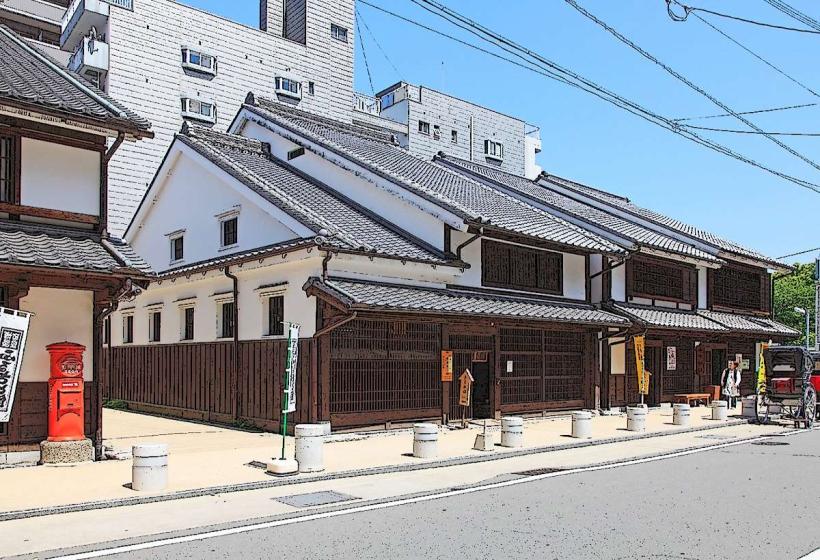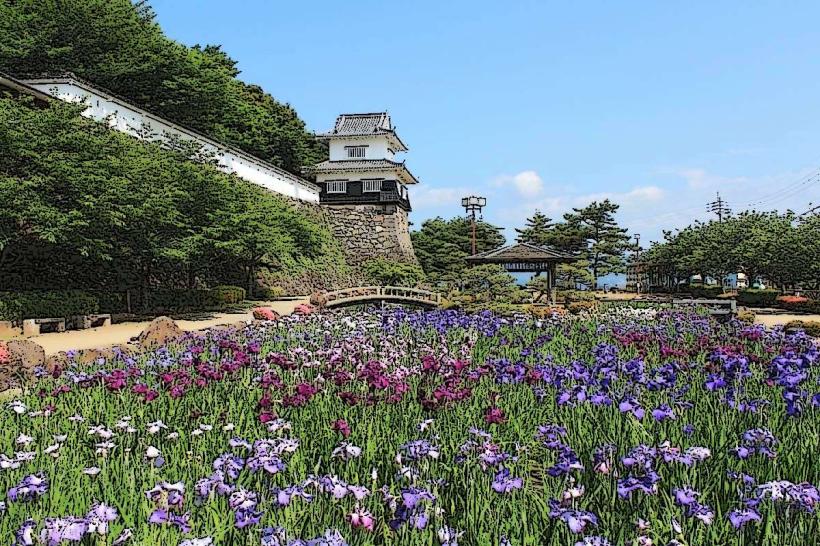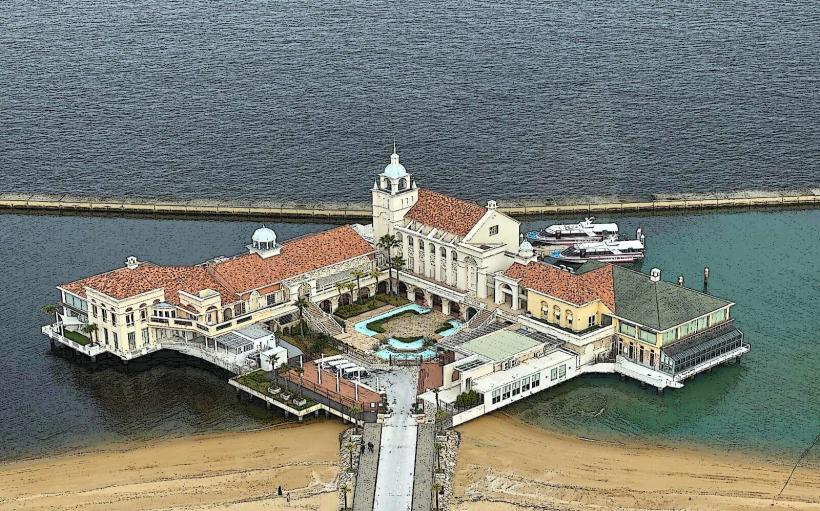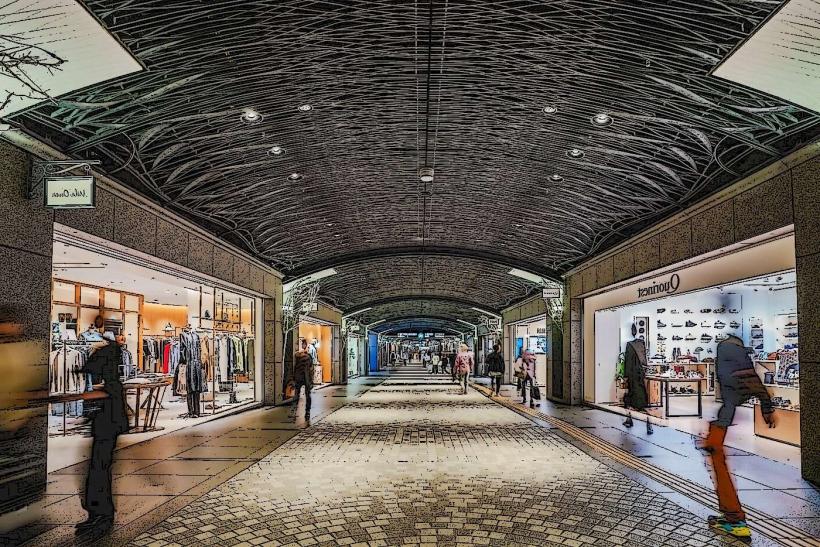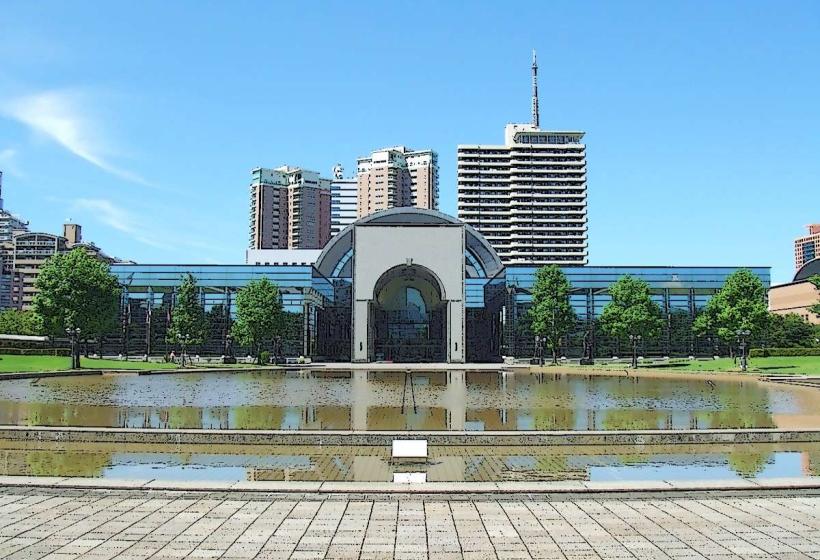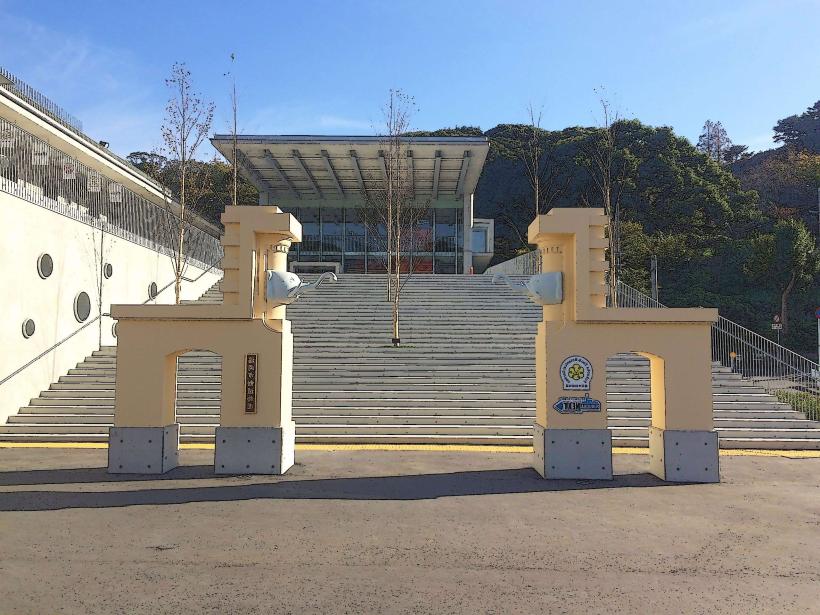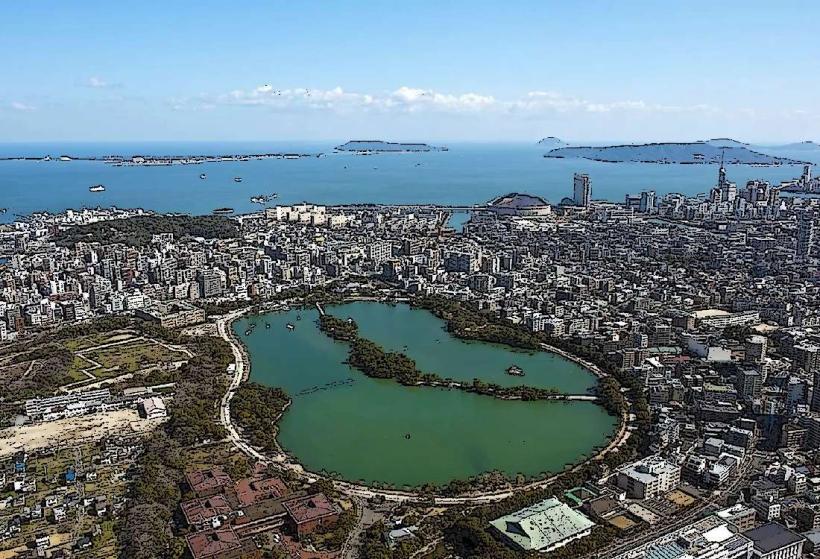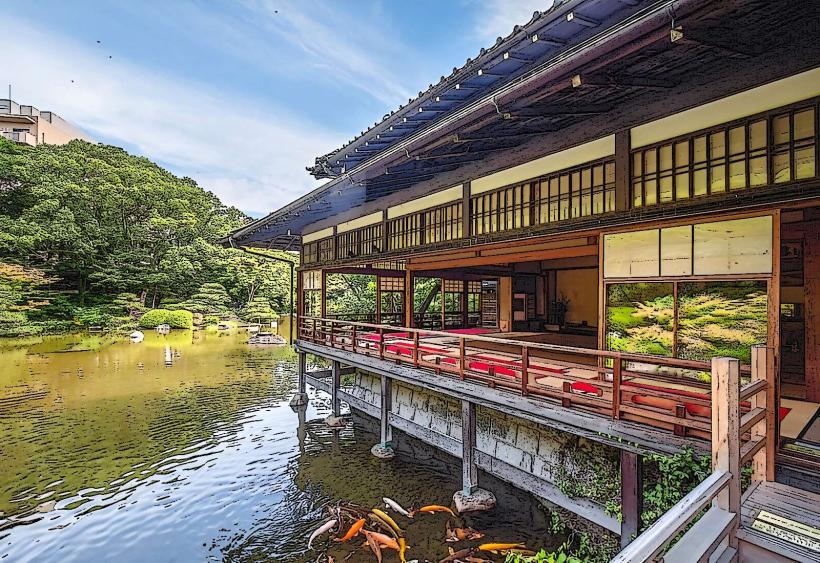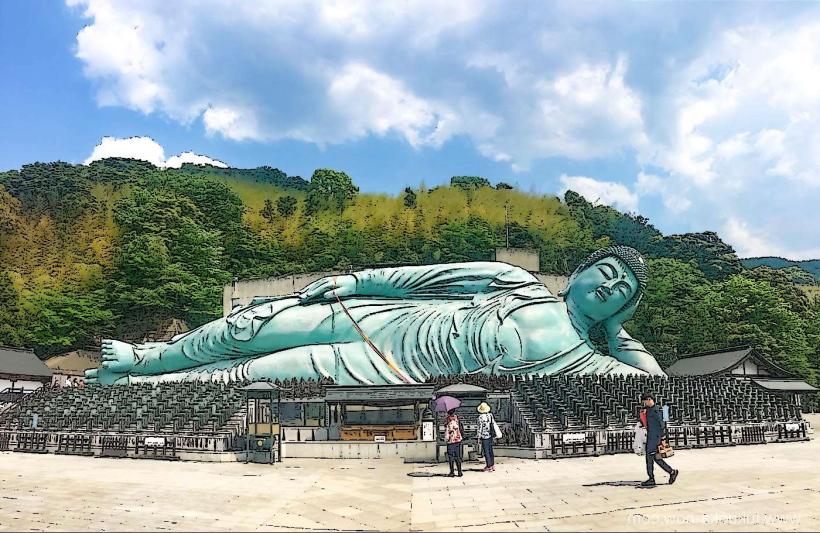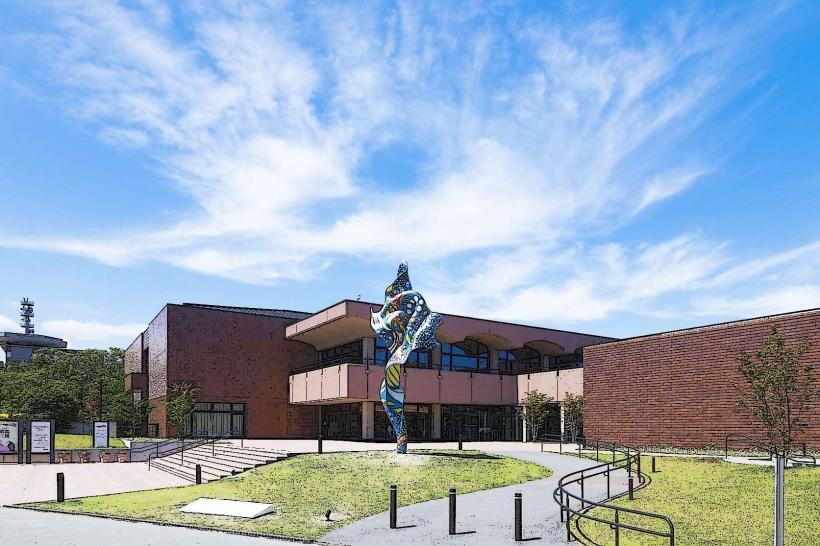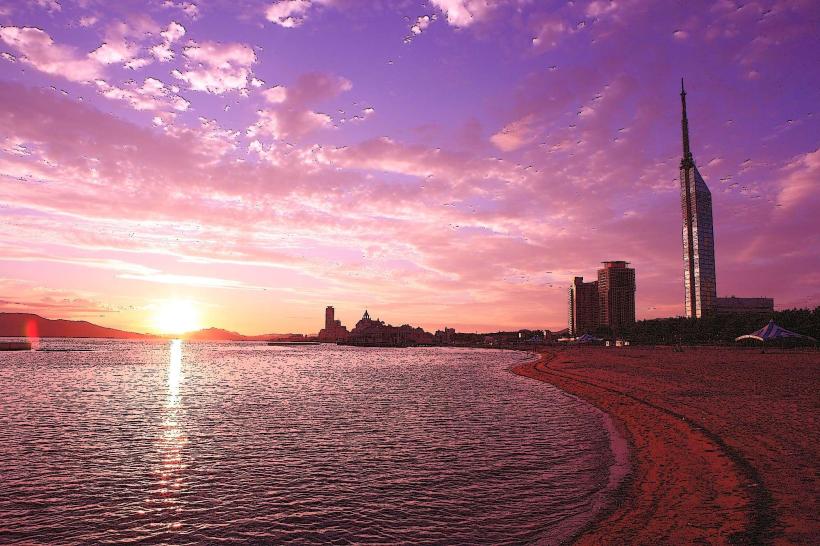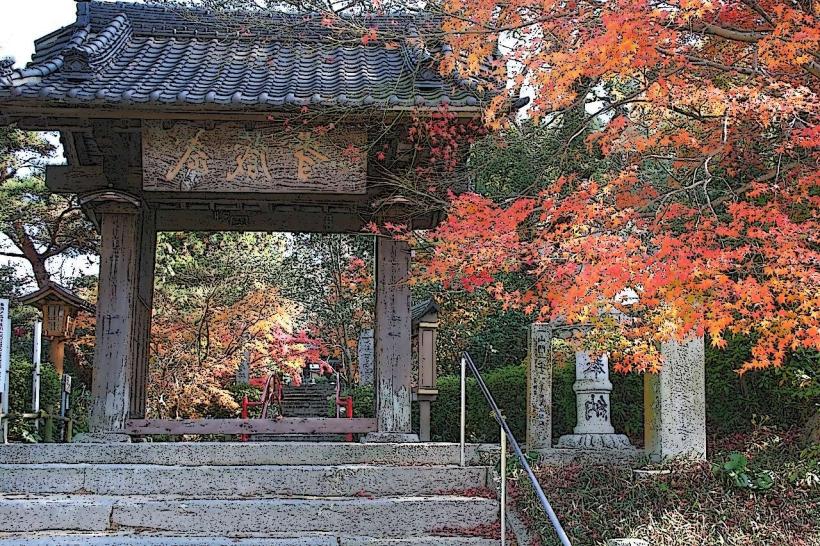Information
City: FukuokaCountry: Japan
Continent: Asia
Fukuoka, Japan, Asia
Fukuoka is the capital of Fukuoka Prefecture and the largest city on Kyushu Island. Known as Japan’s "Startup City," it is one of the nation's fastest-growing metropolitan areas, favored for its proximity to mainland Asia and its high quality of life. In 2026, it is a primary candidate for Japan's "Secondary Capital" plan and a leader in sustainable urban development.
Historical Timeline
Fukuoka was formed in 1889 by the merger of two distinct towns: the castle town of Fukuoka and the merchant port of Hakata. It has served as a gateway to Asia for over 2,000 years, surviving the Mongolian invasions of the 13th century. In 2026, the city is defined by the "Tenjin Big Bang" and "Hakata Connected" initiatives-massive 10-year redevelopment projects aimed at earthquake-proofing and modernizing the city core.
Demographics & Population
The 2026 estimated metro population (Kitakyushu-Fukuoka) is approximately 5.45 million. Fukuoka City itself has a high ratio of young residents and foreign nationals, driven by its status as a Special Zone for Strategic Global Growth. Unlike many Japanese cities, Fukuoka’s population is projected to remain stable or grow through 2035.
Urban Layout & Key Districts
Tenjin (Chuo-gu): The city's commercial and fashion heart; undergoing total transformation via the "Tenjin Big Bang."
Hakata (Hakata-gu): The transit and business hub centered around Hakata Station and the Port of Hakata.
Nakasu: Located on an island between Tenjin and Hakata; famous for its dense concentration of bars and neon-lit Yatai (food stalls).
Seaside Momochi: A futuristic waterfront area featuring the Fukuoka Tower and the PayPay Dome.
Hakozaki: Site of the Fukuoka Smart EAST project, repurposing the former Kyushu University campus into a model smart city.
Top City Landmarks
Ohori Park: A large city park built around the former moat of Fukuoka Castle, modeled after West Lake in China.
Kushida Shrine: The starting point for the famous Hakata Gion Yamakasa festival in July.
Fukuoka Tower: The tallest seaside tower in Japan (234m), covered in 8,000 half-mirrors.
Canal City Hakata: A massive "city within a city" shopping and entertainment complex with a distinctive curved waterway.
Tocho-ji Temple: Home to the Fukuoka Daibutsu, one of Japan's largest wooden Buddha statues.
Mizrahi/IMS Site: Now replaced by the ONE FUKUOKA BLDG. (completed late 2025/early 2026), the city's newest multi-purpose landmark.
Transportation Network
Fukuoka is renowned for having one of the world's most accessible international airports.
Fukuoka Airport (FUK): Located just 5 minutes (2 stops) by subway from the main Hakata Station.
Rail: Hakata Station is the southern terminus of the Sanyo Shinkansen and the starting point for the Kyushu Shinkansen.
Subway: Three lines (Kuko, Hakozaki, and Nanakuma) connect major districts.
Nishitetsu: A private rail and bus network serving the wider prefecture, including the Dazaifu shrine area.
Payment: Hayakaken is the local card, but Suica/Pasmo are universal.
Safety & "Red Zones"
Fukuoka is exceptionally safe. There are no "red zones."
Water Scarcity: As of January 2026, reservoir levels in the Chikugo River system have hit record lows; visitors are advised to follow local water conservation guidelines.
Susukino/Nakasu: While safe, tourists in Nakasu should be aware of "touts" for adult entertainment venues, though they are generally less aggressive than those in Tokyo.
Digital & Financial Infrastructure
Fukuoka is a "National Strategic Special Zone."
Digital Year 2026: Part of the national rollout of Digital Yen (DCJPY) testing for B2B transactions.
Fukuoka Smart EAST: In 2026, the Hakozaki area is a live test-bed for autonomous delivery robots and AI-managed energy grids.
Connectivity: 5G is universal; the city provides free public Wi-Fi ("Fukuoka_City_Wi-Fi") at over 70 sites.
Climate & Air Quality
Current Status (Jan 21, 2026): Cold and breezy. Highs of 10°C, lows of 4°C.
Air Quality: Generally high, but its proximity to the mainland makes it susceptible to Yellow Dust (Kosa) and PM2.5 drift in early spring.
Cherry Blossoms: The 2026 forecast predicts peak bloom in late March.
Culture & Social Norms
Yatai Culture: Fukuoka is the only Japanese city where street food stalls (Yatai) are a central cultural pillar. Most are in Nakasu and Tenjin.
Cuisine: The birthplace of Hakata Tonkotsu Ramen (rich pork bone broth). Other staples include Motsunabe (offal hot pot) and Amaou Strawberries.
Social Norms: Residents are known for being more outgoing and "rougher" (in a friendly sense) than those in Tokyo, reflecting the city’s merchant history.
Local Cost Index
1 Espresso: 480 JPY ($3.05 USD)
1 Bowl of Hakata Ramen: 700–900 JPY ($4.45–$5.70 USD)
1 Taxi Basic Fare: 650 JPY ($4.10 USD)
1 USD to JPY (Jan 2026): ~158 JPY
Nearby Day Trips
Dazaifu Tenmangu: 30 mins; a major Shinto shrine dedicated to the god of learning.
Itoshima Peninsula: 45 mins; a trendy coastal area known for "Angel Wings" murals, surfing, and oyster huts.
Yanagawa: 50 mins; known as the "Venice of Kyushu" for its canal boat tours.
Facts & Legends
Fukuoka is closer to Seoul and Shanghai than it is to Tokyo. A local legend regarding the Kushida Shrine involves a "Crane Well" whose water is said to grant longevity if drunk in three sips. A verified historical oddity is that the city’s name was nearly changed back to "Hakata" in 1889-the vote ended in a tie, and the tie-breaking vote by the assembly chairman narrowly preserved the name "Fukuoka."

